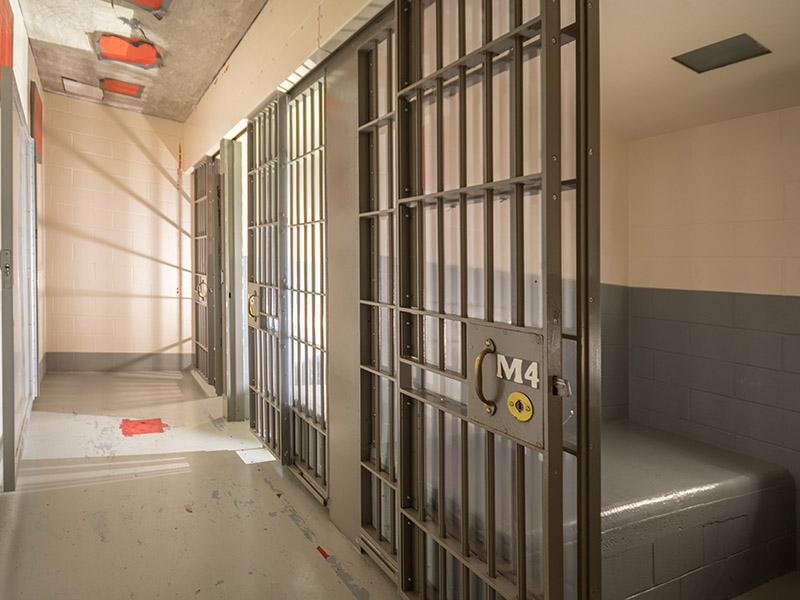Prisoner rights advocacy during COVID-19

For Social Work student Alannah Fricker, passion about prisoners’ rights is fundamentally rooted in social justice for all people, doing things that make sense and doing things that work. As president of Canadian Students for Sensible Drug Policy at Ryerson (external link) and an organizing member of the Toronto Prisoners’ Rights Project (external link) and Toronto Harm Reduction Alliance (external link) , Fricker is known as an activist who has been working on harm reduction and justice issues for many years. She also works at the University, as the Administrator to the Jack Layton Chair, with Ken Moffatt.
COVID-19 made the need to respond to some of the real changes she advocates for even more necessary. “Many people in jails and prisons are there on remand, for poverty-related crimes, and are immunocompromised. Prisoners cannot socially isolate in overcrowded cells, and do not have access to sanitation supplies and PPE (personal protective equipment). We lock people up before they are convicted, and most people are there for minor offences that could be addressed in different ways. COVID-19 really brings the existing problems with the system into a much sharper focus.”
“We are advocating for rapid decarceration of all prisoners, particularly for immunocompromised people, those convicted of non-violent offences, and those who have not had a trial yet. In many ways, incarceration does not benefit society and comes with serious costs… lost time with family, loss of housing and employment, trauma, and now time in a facility where they are at high risk for contracting and spreading COVID-19.”
Fricker and her organization are taking advantage of existing tools to amplify their activism online. These tools are used to communicate broadly to politicians and engage people in digital meetings, webinars, and fundraisers to raise awareness and directly improve the lives of currently and formerly incarcerated people. The organization she founded and leads can be found on Facebook: Canadian Students for Sensible Drug Policy - CSSDP Ryerson. (external link) There you will find the events (external link) that they organize in partnership with the Toronto Prisoners’ Rights Project (external link) , PASAN (external link) , and the Criminalization and Punishment Education Project (external link) .. They run weekly email ZAPs (external link) that send messages on behalf of signatories to their elected representatives. “These email campaigns are important,” states Fricker “even if politicians don’t reply to everyone, most do track the number of messages they get on an issue and reaching the right person can make a difference.”
Isolation and quarantine have not stopped activists from speaking up and speaking out about what matters to them and how they want to build a more just and equal world. Meetings, activism, and educational seminars have moved online using Zoom, and can be found through their Facebook page (external link) .
Tonight, Thursday, April 23 from 7:00 - 9:00 p.m., you are invited to a Contain COVID-19, Not People webinar: Supporting Those Left Inside: Meeting Needs Behind Prison Walls. See the event online via Zoom (external link) or on Facebook (external link) .